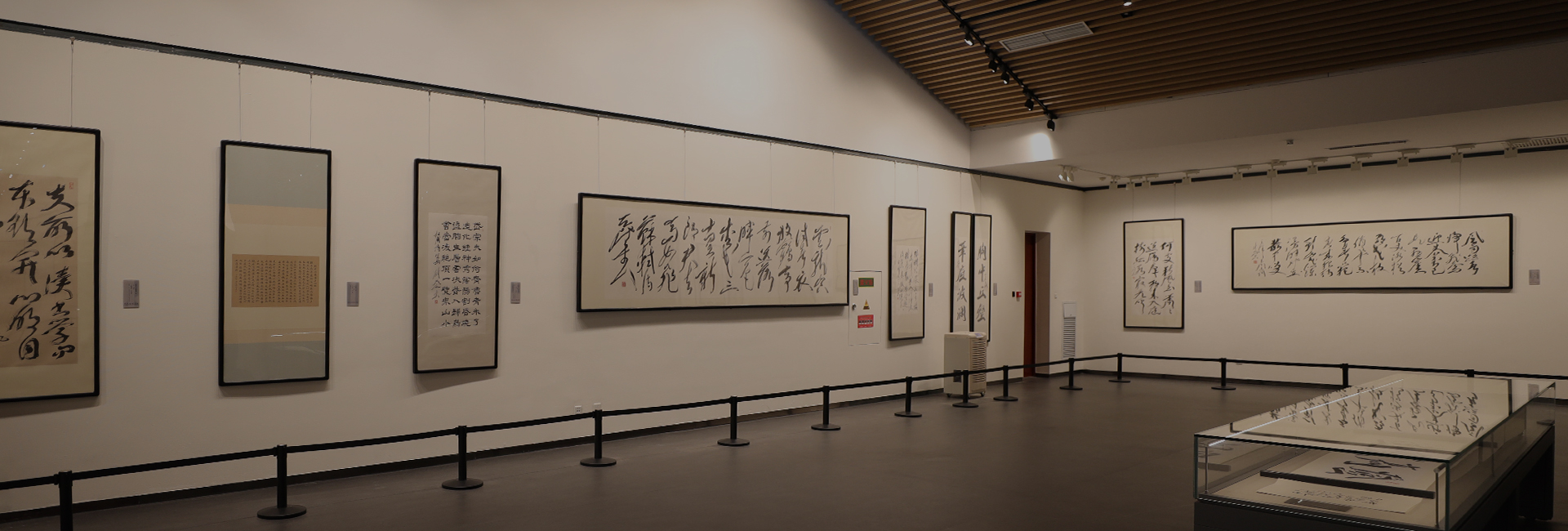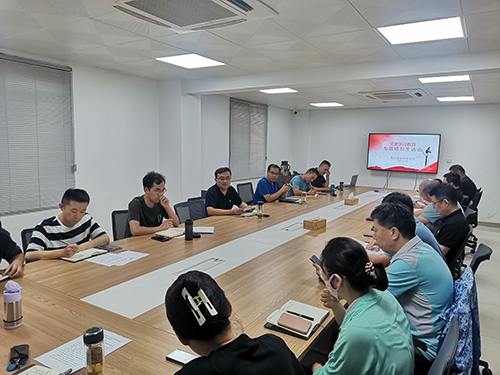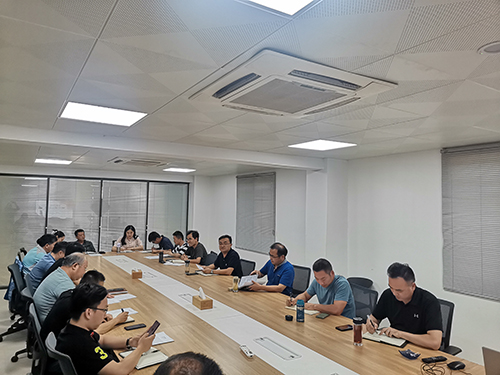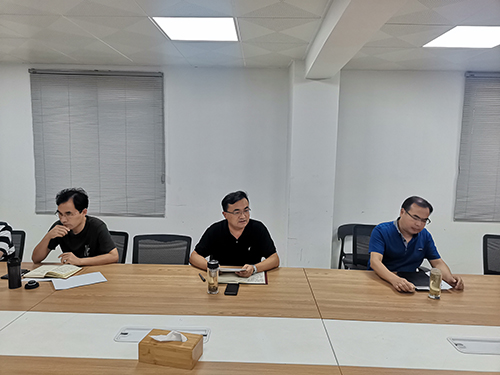

Xuzhou Han Culture Academic
Submit
【XU BO】Maximum daily capacity: 10,000 person-times Instantaneous capacity: 2,500 person-times

According to the unified deployment of the party committee of the bureau, the party branch of Xuzhou Museum held a special organizational life meeting on learning and education of party history on the afternoon of August 12. The meeting was presided over by Li Xiaojun, the secretary of the Party branch, and attended by all the active party members of the branch.

Before the meeting, the party branch of Xuzhou Museum organized party members to actively carry out self-study around the designated learning content; Organized heart-to-heart talks to remind and improve each other; Organize Party members to contact their thoughts and work practice, and focus on the "four aspects", check the problems one by one, and form personal speech materials, which laid a good foundation for this special organizational life meeting of Party history learning and education.

At the meeting, the members of the branch committee spoke one by one about the improvement of the harvest, the lack of gaps, the direction of the future rectification, and the criticism and self-criticism. The meeting was held in a serious and lively atmosphere, achieving the goal of unifying ideas, building consensus, and enhancing unity.

Finally, Comrade Li Xiaojun put forward four suggestions for the next stage of Party history study and education: first, we should adhere to the problem-oriented approach and promote the in-depth study and education of Party history; Second, we should strengthen the implementation of rectification to ensure that the study and education of Party history has achieved effective results; Third, we should highlight the transformation of achievements and promote the active development of the central work; Fourth, we should carry forward the "five styles" and build a cadre team with strong politics, professional skills, courage to take responsibility and a positive style of work.
In the next step, Xuzhou Museum will actively make good use of the results of the conference, focus on strengthening the theoretical arm, strengthen the organizational construction, enhance the sense of responsibility and service, and better serve the people and promote the development of the museum by promoting the study and education of party history.